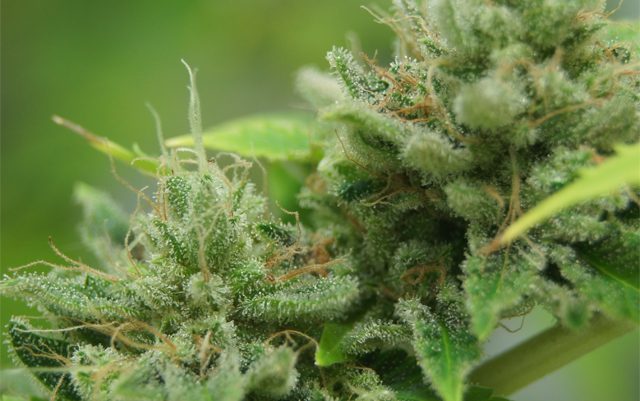Marijuana History

Marijuana is currently the most widely used and controversial drug in the world. While some people cry out for stricter marijuana laws and stiffer penalties for users and dealers, others decry legal systems which punish nonviolent "pot smokers." United States citizens of all ages and social statuses consume it, yet American politicians seeking reelection are loathed to advocate its legality. Overall, a better understanding of the history uses, and dangers of marijuana can help societies to create more productive and democratic policies for its regulation.
Like many other mind-altering drugs, marijuana has been used worldwide for thousands of years. Ancient Chinese texts describe its use in both recreational and medical settings. Archaeological evidence suggests that the cannabis plant first spread from Asia to Africa, and was seen growing in Europe as early as the sixth century, A.D. Over a millennium later, colonial Americans grew hemp as a cash crop for its usefulness in textiles.
Between 1850 and 1942, American doctors regularly prescribed marijuana for pain relief, stomach problems, and arthritis. Cannabis was also used recreationally - and legally - during most of this time. It was not until 1935 and the passing of the Uniform State Narcotic Drug Act that most states began to strictly regulate the drug.
Throughout the 1950s and 60s, marijuana was seen primarily as a rebellious, countercultural, or "hippie" drug." However, it still didn't carry the taboos or stiff legal penalties that exist today. The 1970 Controlled Substances Act contributed to today's status quo by making marijuana a Schedule I drug - in the same class as heroin, cocaine, and other narcotics. As part of the Reagan administration's War on Drugs, mandatory sentencing laws passed in the 1980s which still require sentences of twenty-five years or more for thrice-convicted marijuana offenders.
These legislative decisions remain controversial to this day, and reform advocates argue that marijuana is not nearly so dangerous or habit-forming as to necessitate such strict legal penalties. They also frequently push for the decriminalization of marijuana, especially for medical use. Groups of these advocates are large and diverse and include such organizations as the Coalition for Rescheduling Cannabis, Law Enforcement Against Prohibition, and Students for Sensible Drug Policy.
Regardless of differing opinions on the legality and social acceptability of marijuana, most people can agree that the number of people arrested for nonviolent marijuana crimes has become a serious problem. United States jails are filled with millions of these convicts, and Congress spends billions of taxpayer dollars keeping them locked up. Furthermore, these offenders are typically placed in the same facilities as murderers, violent drug dealers, and other dangerous criminals. They face long, life-consuming sentences, and even marijuana users who need help with addiction rarely have access to proper treatment programs. More and more marijuana users find themselves behind bars, but the drug problem in America is not improving.
Thankfully, help is available for those who need it. If you are struggling with marijuana or other addictive substances, use the links below for a confidential consultation. We are standing by day and night to get you started on the road to recovery.